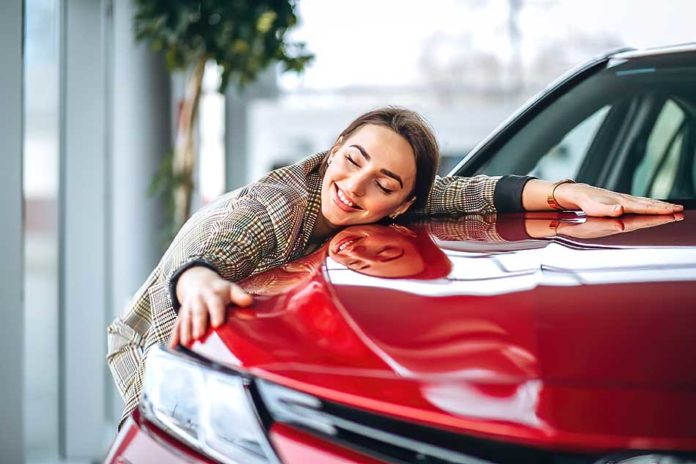If you’re an employee in Bulgaria with a car allowance, deciding which car to buy can be challenging. With various factors to consider, such as cost of ownership, maintenance, and fuel prices, making the right choice requires careful consideration. Let’s break down the options to help you make the best decision.
New or Used Car?
New Car Advantages and Disadvantages
Advantages: New cars have the latest technology, safety features, and fuel efficiency standards. They also offer the peace of mind of a warranty, typically covering some service charges in the first three to five years of ownership. For example, if you choose a new mid-size car like Duster, you’ll benefit from a 3-year warranty and modern equipment like parking sensors and a multimedia touchscreen.
Disadvantages: The most significant downside of buying a new car is its depreciation. The car’s value drops significantly when you drive off the lot, typically 20% to 30%. Also, insurance costs are generally higher for new vehicles.
Used Car Advantages and Disadvantages
Advantages: The main advantage of a used car is its lower upfront cost. If your budget is limited, a used car allows you to afford a higher-end model. For example, for the price of a new compact car, you could potentially afford a used SUV, such as a used BMW 5 series.
Disadvantages: Used cars can have an unknown history and potential mechanical issues. They might also not be as fuel-efficient as new models, leading to higher running costs.
Which Type of Car: Combi, Limousine, or SUV?
Combi Cars
Combi cars, also known as station wagons, perfectly balance size, and practicality. They provide ample cargo space without being too bulky for city driving. Consider models like the Octavia Combi, known for its reliability and ample boot space.
Limousines
Limousines, or sedans, provide a comfortable and smooth driving experience. They are ideal if you mainly drive on highways or well-maintained city roads. The Passat is popular, offering advanced safety features and a high-quality interior.
SUVs
SUVs are excellent for their higher driving position, spacious interior, and off-road capabilities. If you often drive in rural areas or in harsh weather conditions, consider an SUV like the Qashqai.
Considering the Cost of Ownership
Remember, the initial purchase price is just one aspect of the cost of car ownership. Insurance, maintenance, and fuel costs also play a significant role.
Insurance: New cars generally cost more to insure than used cars. However, specific models are cheaper to insure due to their safety features and lower theft rates. When searching for deals, check for car insurance promotions specific to particular car models.
Maintenance: New cars typically require less maintenance than used cars, at least for the first few years. However, once the warranty period ends, repair costs can be high.
Fuel costs: Fuel efficiency varies significantly between models. Electric and hybrid cars can offer significant savings, especially with the rising petrol prices. Consider the Toyota Corolla Hybrid, known for its fuel efficiency.
Consider your budget, needs, and driving habits when deciding between a new or used car.
Electric vs. Petrol/Diesel Cars
When pondering car allowance, engine type is essential amid rising fuel prices and a push for sustainability. Electric and hybrid cars have emerged as intelligent choices.
Electric Cars: Electric vehicles (EVs) have lower running costs as electricity is cheaper than petrol or diesel. They also require less maintenance as they have fewer moving parts. Consider the free-of-charge parking spaces offered in Sofia City. However, the initial cost of EVs is usually higher. Models like the Leaf are popular choices in the EV market.
Petrol/Diesel Cars: Although petrol or diesel cars are typically cheaper, their running costs are higher due to fuel and maintenance expenses. If you prefer this traditional route, opt for models known for fuel efficiency, like the 308 diesel.
Making the Final Decision
Choosing the right car involves matching it to your personal needs and circumstances, and car allowance plays a crucial role. If you’re budget-conscious, opt for a used car or an economical new model. A new car might justify the expense of reliability, warranty, and modern features.
Think about your lifestyle when picking a car type – combi, limousine, or SUV. Do you need more space or off-road capability? Consider an SUV or combi. A limousine excels at comfort and smooth rides.
Also, account for running costs, including fuel or electricity, insurance, and maintenance. Balancing these aspects ensures you select a car that meets your needs and budget.



